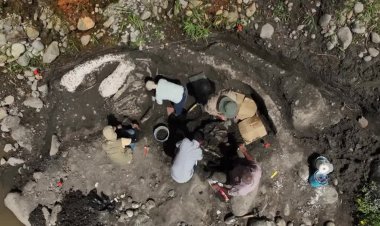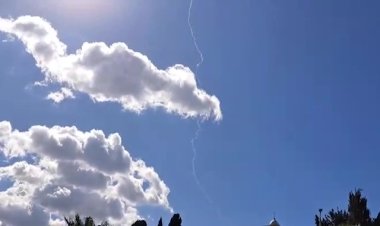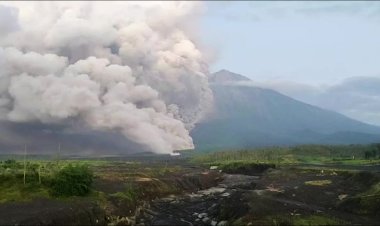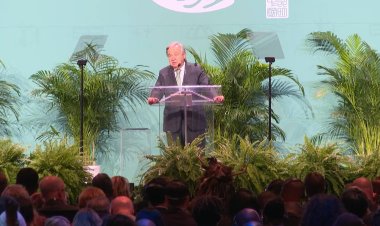U.S. halts Mexican cattle imports over screwworm case
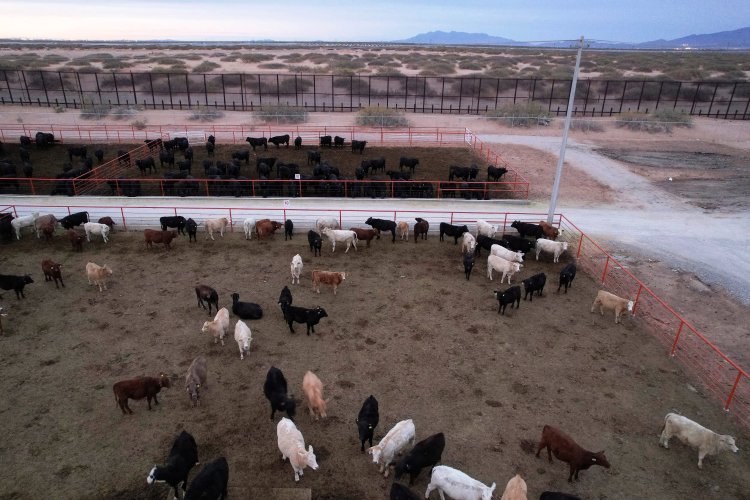
After the US decided to close its border to Mexican cattle due to the detection of a case of screwworm in southern Mexico, hundreds of cows at a northern border crossing have begun to be returned to their places of origin.
The cows were herded into trailer boxes at the Jeronimo-Santa Teresa crossing outside Ciudad Juarez, where ranchers from all over northern Mexico come to put their cows in quarantine to later export them to the United States.
Not knowing when the suspension will be lifted, the cattle ranchers have chosen to return their cattle to their ranches of origin and regretted the situation, saying that the suspension and transfer of the cattle will represent substantial losses for them.
Some of the ranchers who were transferring cattle said that their ranches were more than 15 hours away from the border, while others opted to take their cattle to rented facilities closer to the border to store them there until the issue is resolved.
Cattle rancher from Durango, Antonio Hernandez, saying: "It is affecting us, the screwworm. It comes from Chiapas and it is affecting us, not worldwide, but it does affect us in the cattle industry in the state of Chihuahua. So today we are taking all the cattle to its place of origin, which is Inde, Durango, and for that matter, it is affecting us all."
The cattle ranchers requested that the Mexican government address the problem as soon as possible so that trade between the two countries can be reestablished.
The case was identified in Chiapas state, where in the 1970s a factory developed millions of sterile male NWS flies in order to reduce wild populations. Female screwworms mate only once and do not reproduce if they do so with the sterile screwworms.
Mexico decreed the plant's closure in 2013, ten years after Chiapas state was declared free of the pest.




